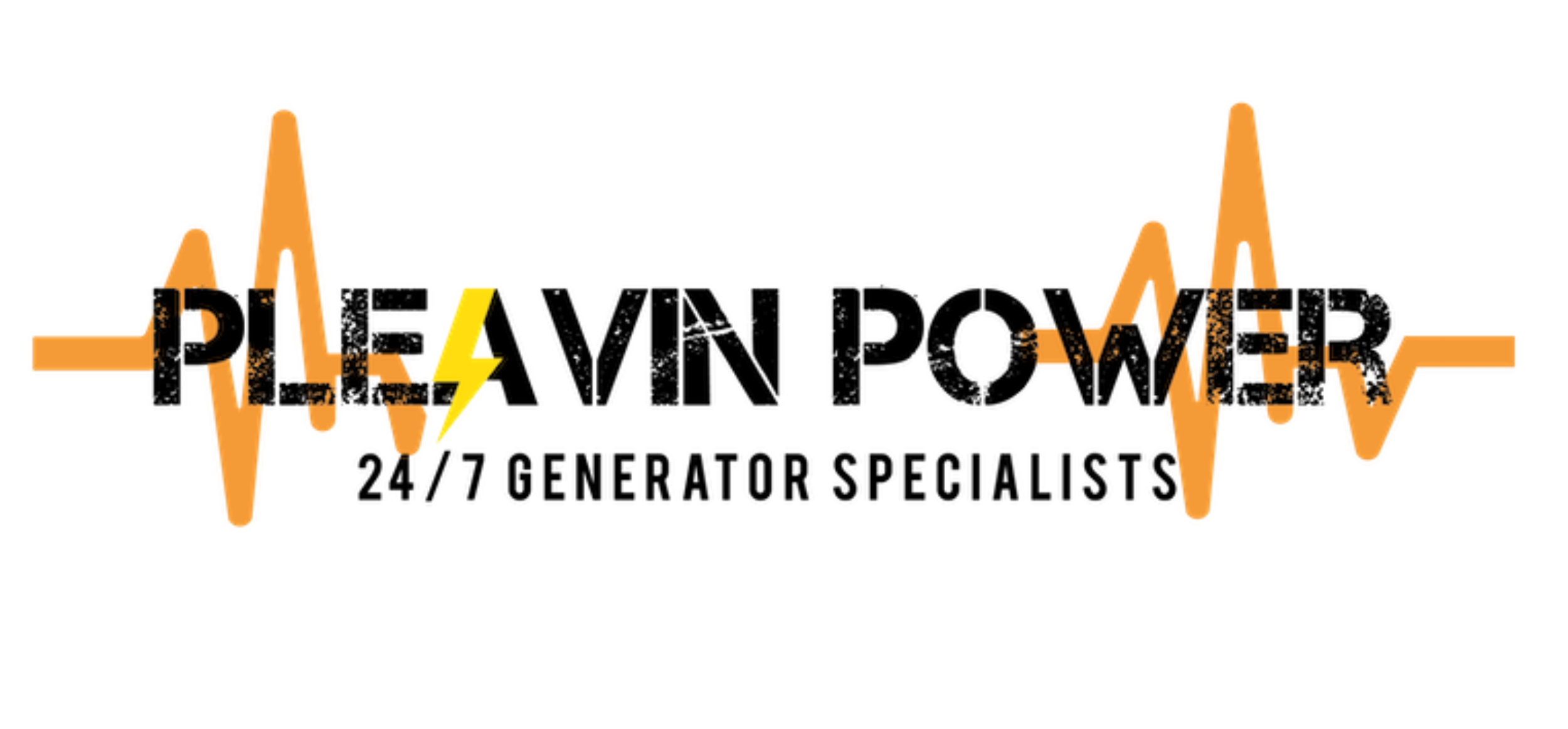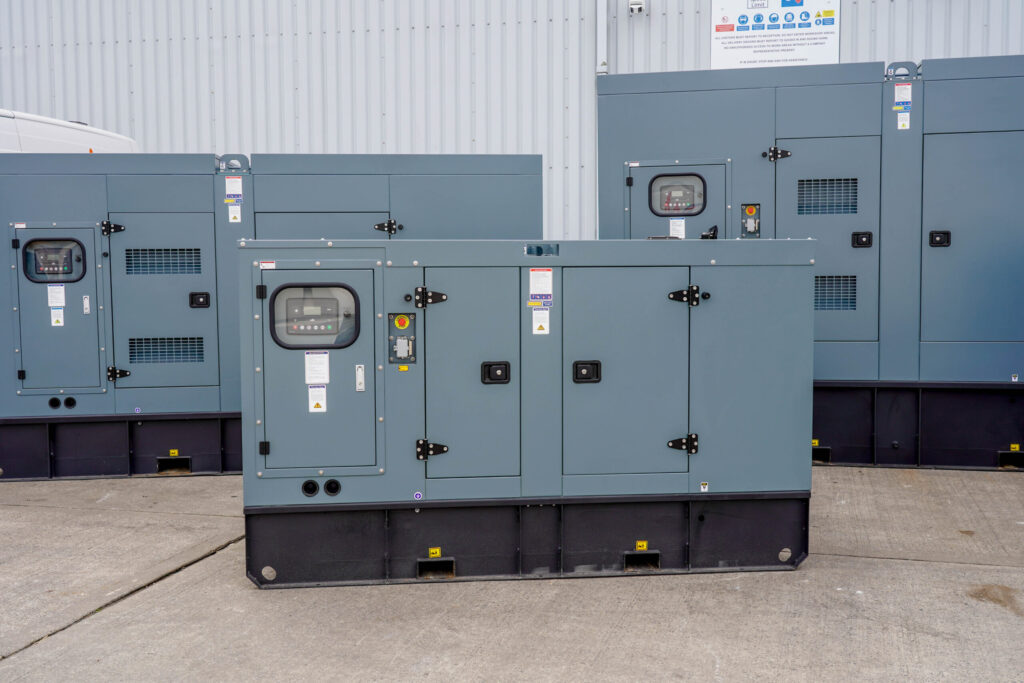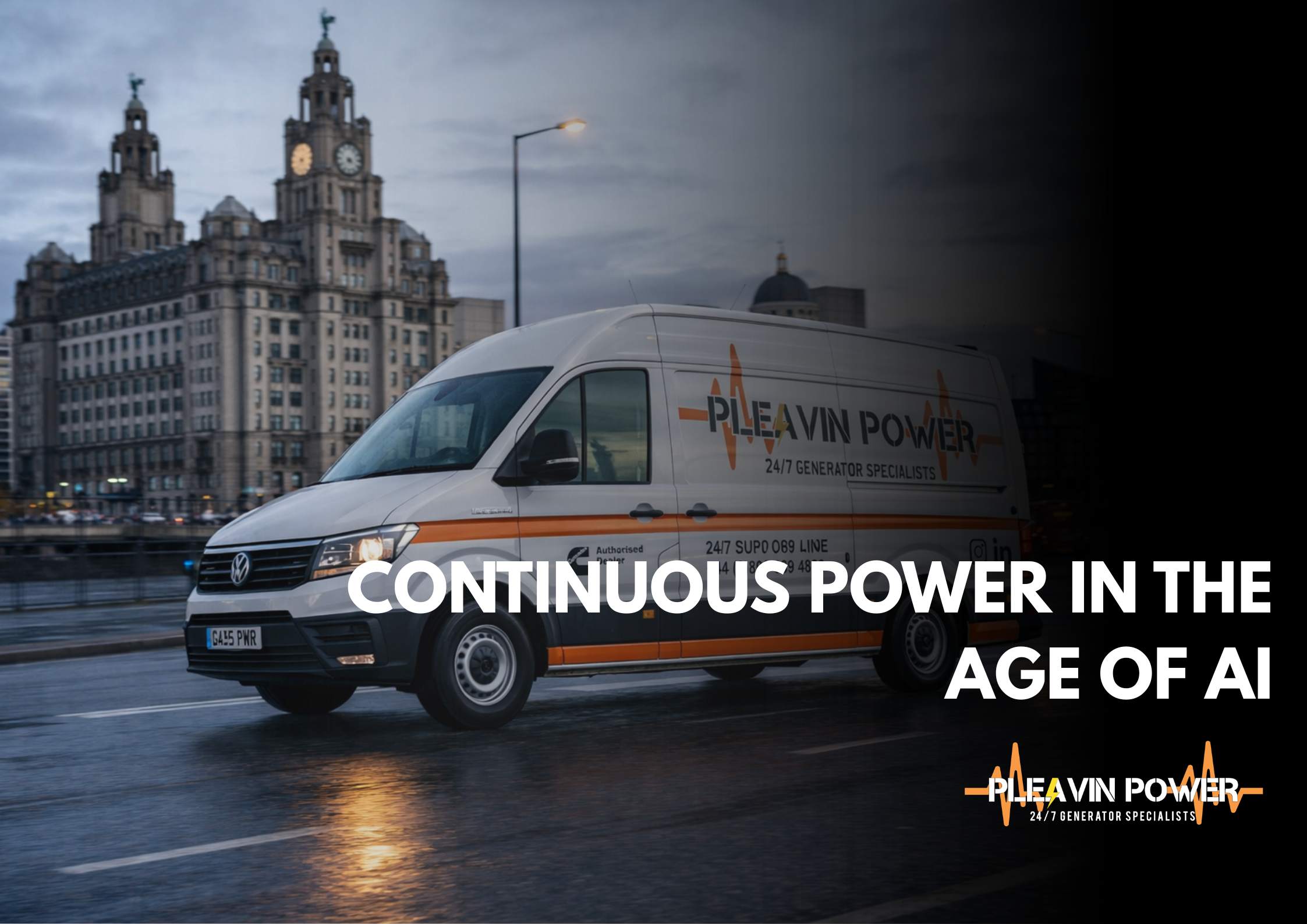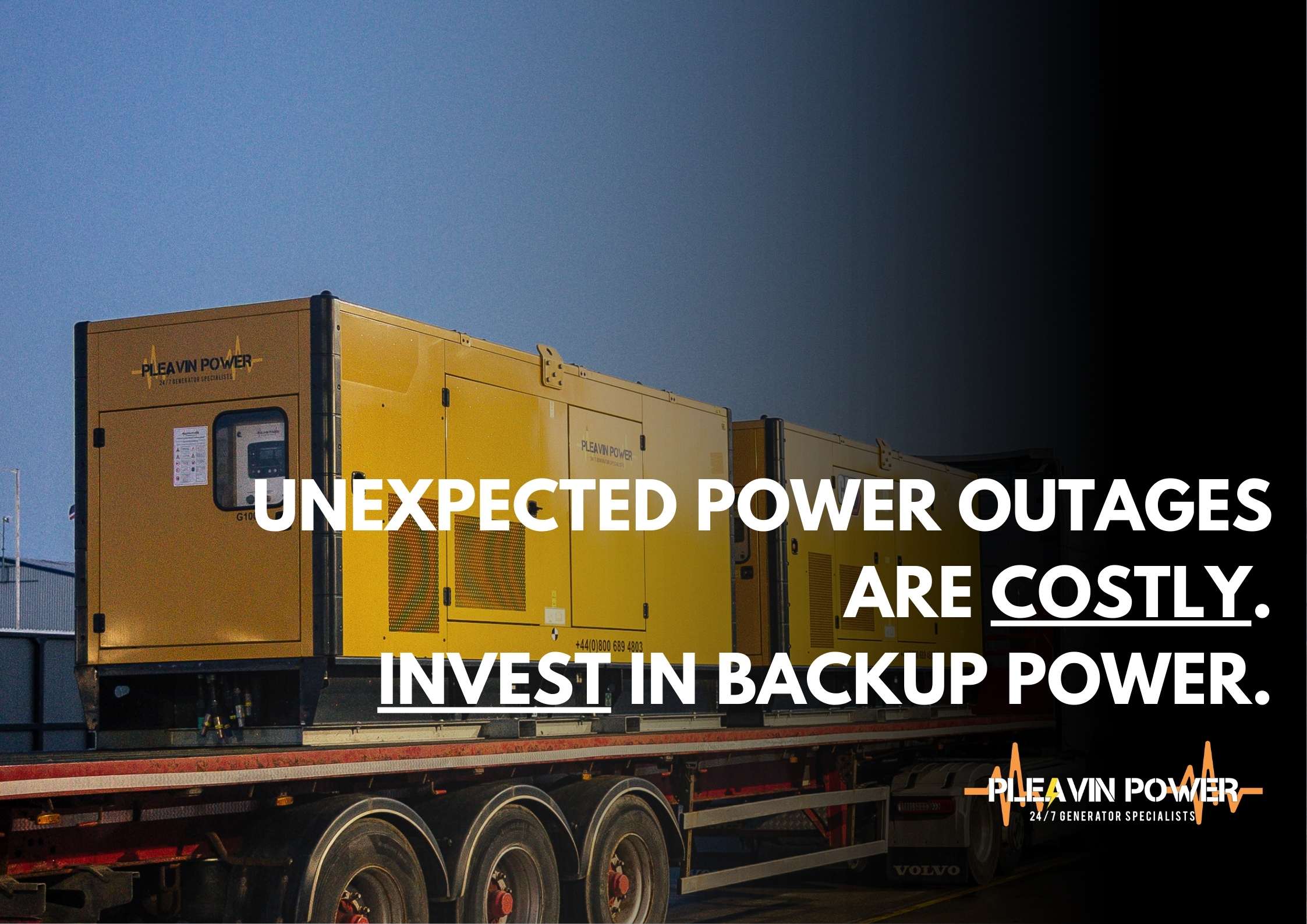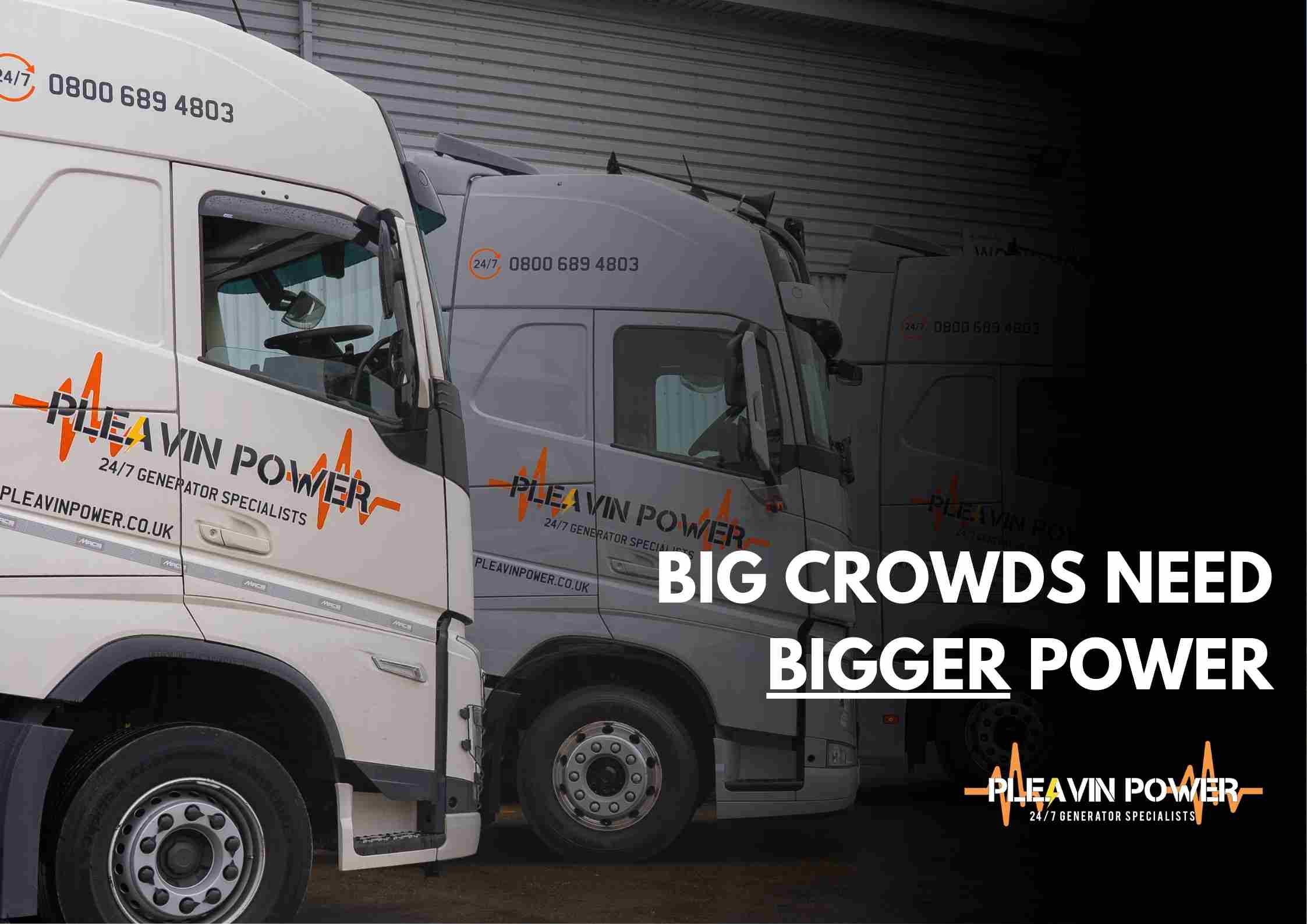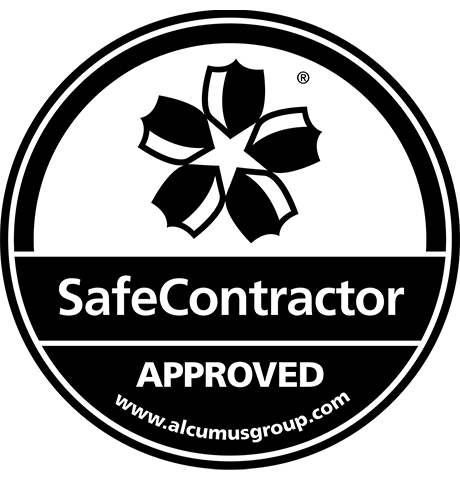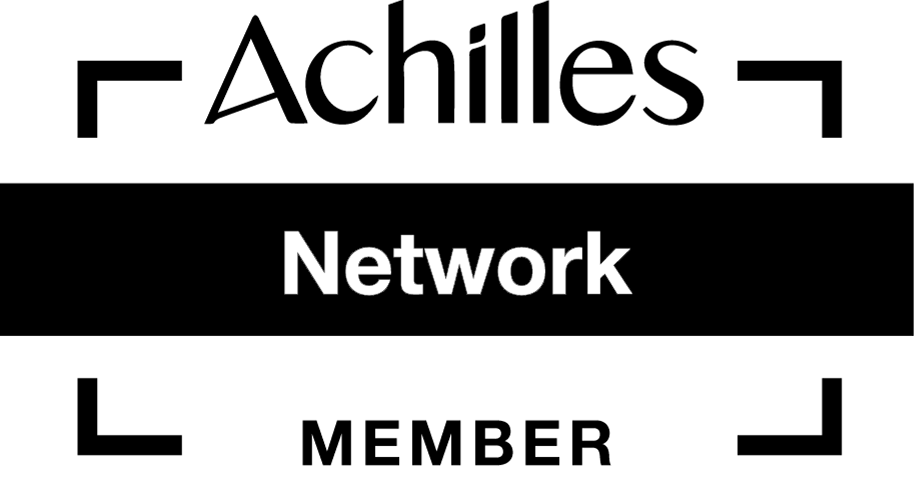Power outages can be inconvenient at best and disastrous at worst. Whether you live in an area prone to storms, face occasional power grid issues, or just want to ensure a continuous power supply for your home or business, investing in a power generator is a smart decision.
However, choosing the right size generator is crucial to ensure it meets your power needs without unnecessary oversizing or inefficiencies. Throughout this blog post, we are going to be discussing some of the considerations you should make when choosing a generator for your home or business space.
Power Generators
Power generators are designed to provide backup power during electrical outages automatically. Larger generators are permanently installed and can start automatically when they detect a power interruption, as opposed to portable models which can be taken wherever you need.
Most power generators, known as standby generators, are commonly integrated with transfer switches, which play a crucial role in the automatic transfer of power. Transfer switches monitor the incoming utility power and, upon detecting an outage, instruct the generator to start and assume the power supply.
This automation eliminates the need for manual intervention, making these power generators a convenient and reliable solution for uninterrupted power supply. Moreover, power generators are designed to deliver a consistent and stable power output, protecting sensitive electronic equipment and appliances from voltage fluctuations.
This makes them particularly well-suited for both residential and commercial applications, where the reliability of power is essential for maintaining daily operations and ensuring the safety and comfort of occupants.
Additionally, generators come in various sizes and capacities, allowing users to choose a model that matches their specific power requirements. This flexibility makes them suitable for a wide range of settings, from single-family homes to large industrial facilities.
Determining Your Power Needs
The first step in choosing the right size generator is to assess your power needs accurately. Consider the essential appliances and systems you want to keep running during a power outage.
This may include refrigerators, heating or cooling systems, lights, and electronic devices. Make a list of these items and note their wattage requirements. Many people seem to question whether generating your own electricity is illegal in the UK – however, there is no need to worry as there are plenty of ways you can do so.
Sum the starting (surge) wattage and running wattage of each device. Appliances with motors, like refrigerators and air conditioners, may have higher starting wattage.
If you have large appliances like air conditioners, water heaters, or well pumps, factor in their higher starting wattage when sizing the generator. Anticipate future needs. If you plan to add more appliances or systems, account for their wattage requirements.
Generator Sizing Guide
For small homes or those focusing on powering only essentials (refrigerator, lights, sump pump, etc.), a generator with a capacity of 5,000 to 7,000 watts may suffice.
Homes with additional appliances like air conditioners and water heaters may require generators in the range of 8,000 to 15,000 watts. Larger homes or commercial spaces with extensive power needs may benefit from generators with a capacity exceeding 15,000 watts.
Generator Sizing Considerations
Some generators come with load management systems that prioritise essential loads during an outage. This can help optimise the generator’s capacity. Consider the availability and cost of fuel in your area. Natural gas generators are convenient if a natural gas supply is accessible.
Consult with a professional electrician or generator installer. They can conduct a load analysis and recommend the most suitable generator size for your specific needs.
Avoiding Oversizing
While it might be tempting to opt for a larger generator to ensure ample power, oversizing can lead to inefficiencies and increased costs. Power generators operate most efficiently when running close to their rated capacity. An oversized generator may consume more fuel than necessary and lead to increased maintenance costs.
The Importance of Efficiency
Efficiency is a key factor in the proper functioning of power generators. Investing in a generator that matches your power needs ensures optimal efficiency, minimising fuel consumption and overall operational costs.
When generators operate at or near their rated capacity, they perform more effectively and require less frequent maintenance servicing, ultimately extending their lifespan.
Proper sizing of a generator involves assessing the total electrical load that the generator needs to support during a power outage. An accurately sized generator ensures that it can handle the connected appliances and systems efficiently, preventing both overloading and underutilisation.
Overloading can lead to increased fuel consumption, wear and tear on components, and decreased overall performance. Conversely, an undersized generator may struggle to meet the demands of the load, leading to inefficiency and potential damage to the generator.
Regular load testing is crucial to verify that the generator can handle the required electrical load effectively. Conducting periodic tests simulates real-world scenarios and ensures that the generator can seamlessly transition to backup power without compromising efficiency or reliability.
Environmental Considerations
In addition to efficiency, considering the environmental impact of your generator is essential. Modern generators often come with advanced technologies to reduce emissions and promote eco-friendliness.
By selecting the right size generator, you contribute to a greener approach to backup power, aligning with sustainability goals and minimising your carbon footprint.
The Role of Technology in Sizing Generators
Advancements in technology have led to the development of smart generators with features like load monitoring and remote control. These technologies enhance the precision of power delivery, allowing for better management of electrical loads.
Integrating these smart solutions into your generator system can further optimise performance and ensure that power is distributed efficiently to critical appliances.
Conclusion
Choosing the right size generator is a critical decision that requires a thoughtful assessment of your power needs. By calculating the wattage requirements of essential appliances and considering future needs, you can select a generator that provides reliable backup power without unnecessary oversizing.
Consulting with a professional and factoring in considerations like fuel source and load management systems will further ensure that your generator meets your requirements seamlessly.
Invest wisely in a power generator, and you’ll have peace of mind knowing that your home or business can weather any storm, keeping the lights on when you need them most.
If you would like to discuss your generator needs with a member of our team, we can show you our extensive stock of generators available for hire or for sale depending on what is best for you. Contact us today!
